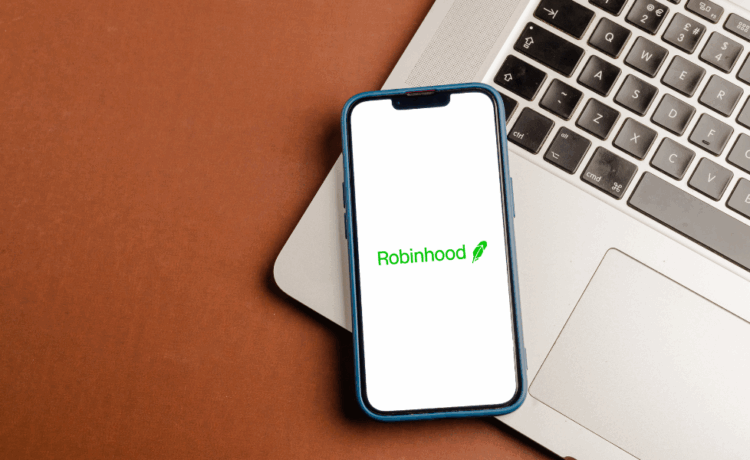Retail investors are increasingly being pitched alternative investments that focus on private investments.
Robinhood Markets’ new alternative investment fund, Robinhood Ventures Fund I, is the latest private fund offering in the alternative investment space that seems to grow more crowded every day.
Robinhood on Monday said that the closed-end fund, which was registered with the Securities and Exchange Commission (SEC) last month, is aiming aims to offer retail investors exposure to companies “at the frontiers of their industries, while they are still private.”
Retail investors are increasingly being pitched alternative investments that focus on private investments. Until recently, private investment funds were only sold to wealthy investors such as family offices and private equity funds.
Not all work out. Alternative investments typically are more expensive than plain vanilla stock and bond mutual funds and ETFs, and they also carry greater risk.
In perhaps a worst case scenario, FINRA Enforcement is currently making inquiries into the operations of Linqto Capital, the broker-dealer of Linqto Inc., which filed for Chapter 11 bankruptcy protection last month in Texas.
Linqto Inc. was one of the first tech platforms to promise access to small investors into the high-risk, high-reward world of private investments, particularly shares in companies before their initial public offering, or IPOs.
While that’s just one instance, an analyst with Morningstar in a research note raised plenty of questions regarding Robinood’s new fund.
“Investors may soon have yet another option for accessing private markets, but not one they should exercise,” wrote Bryan Armour, director, at Morningstar, in a note titled “Robinhood’s First Fund Could Spell Disaster for Investors.”
Is the fund a “win for democratized access? I don’t think so,” Armour wrote. “Investors can already access private markets via better investment managers and in better vehicles. Investors should be cautious — Robinhood has a track record of winning at the expense of its customers.”
“Robinhood is known for bold, innovative moves, but its new fund filing seems reckless,” wrote Armour. “Robinhood, which formed the subsidiary that will manage its proposed fund’s portfolio in August 2025, lacks money management experience and has never offered access to private markets in the US. The firm is operating outside of the circle of competence, as Warren Buffett and Charlie Munger might have said.”
A Robinhood spokesperson on Tuesday declined to respond to the comments by Armour because the fund is in a “a strict quiet period following the filing of our registration statement with the SEC.” That means Robinhood could not comment about its new fund beyond the press release.
“For decades, wealthy people and institutions have invested in private companies while retail investors have been unfairly locked out,” said Robinhood Chairman and CEO Vlad Tenev in the press release. “With Robinhood Ventures, everyday people will be able to invest in opportunities once reserved for the elite.”
According to Morningstar, investors have access to private markets in a variety of funds from well known managers.
“Fidelity, T. Rowe Price, and Baron Capital mutual funds already hold stakes in private companies, like SpaceX,” Armour wrote. “Baron Partners Fund – BPTRX – keeps 15% of its total assets in SpaceX, while $170-billion-in-assets behemoth Fidelity Contrafund’s – FCNTX – 1.6% SpaceX stake is worth nearly $3 billion.”
“Semiliquid funds – unlisted closed-end funds with periodic opportunities to redeem shares at net asset value – have grown to $400 billion because they give public investors more access to private markets while managing the associated risks,” he added.




